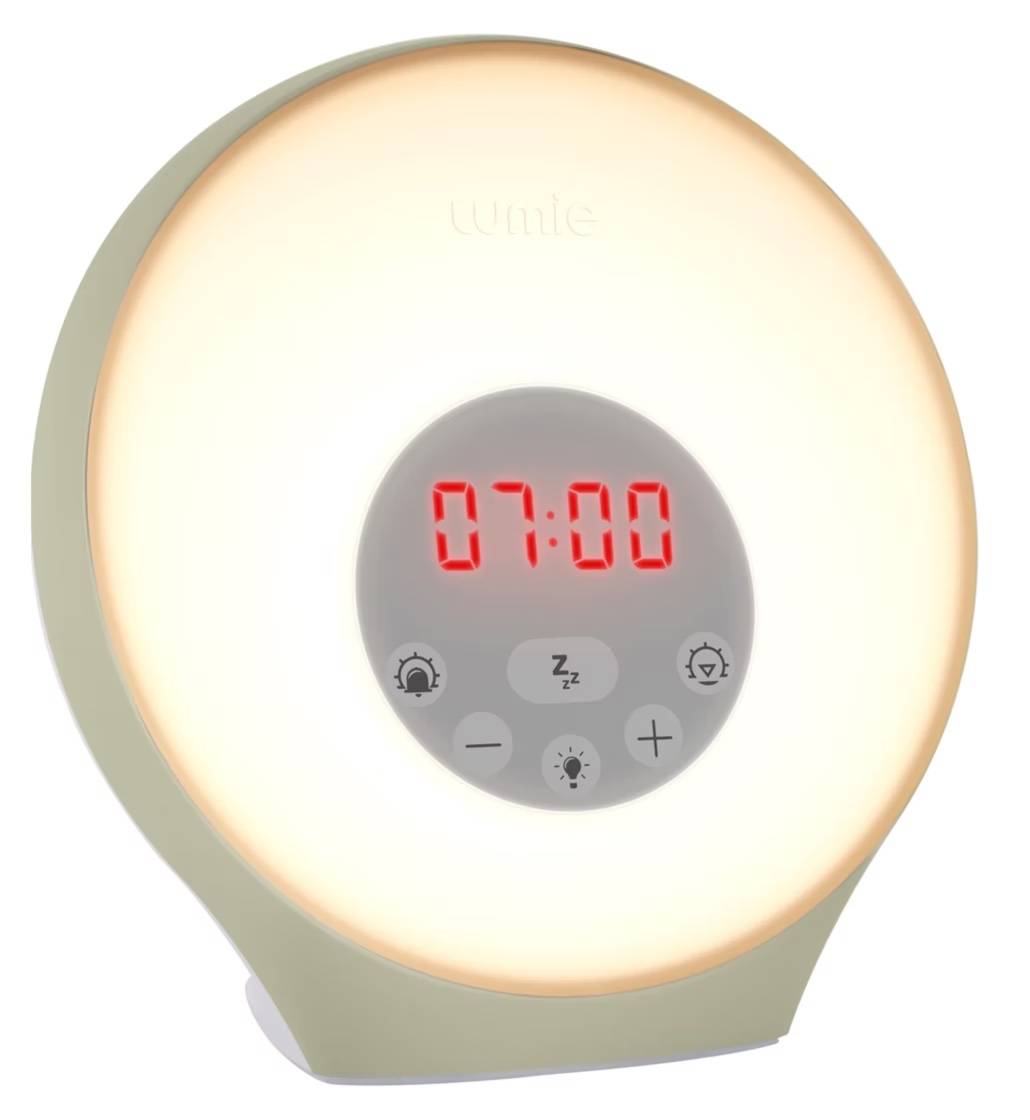5 bedroom design tricks to help you become a morning person
These surprising pro tips can help you start your day feeling refreshed and energised
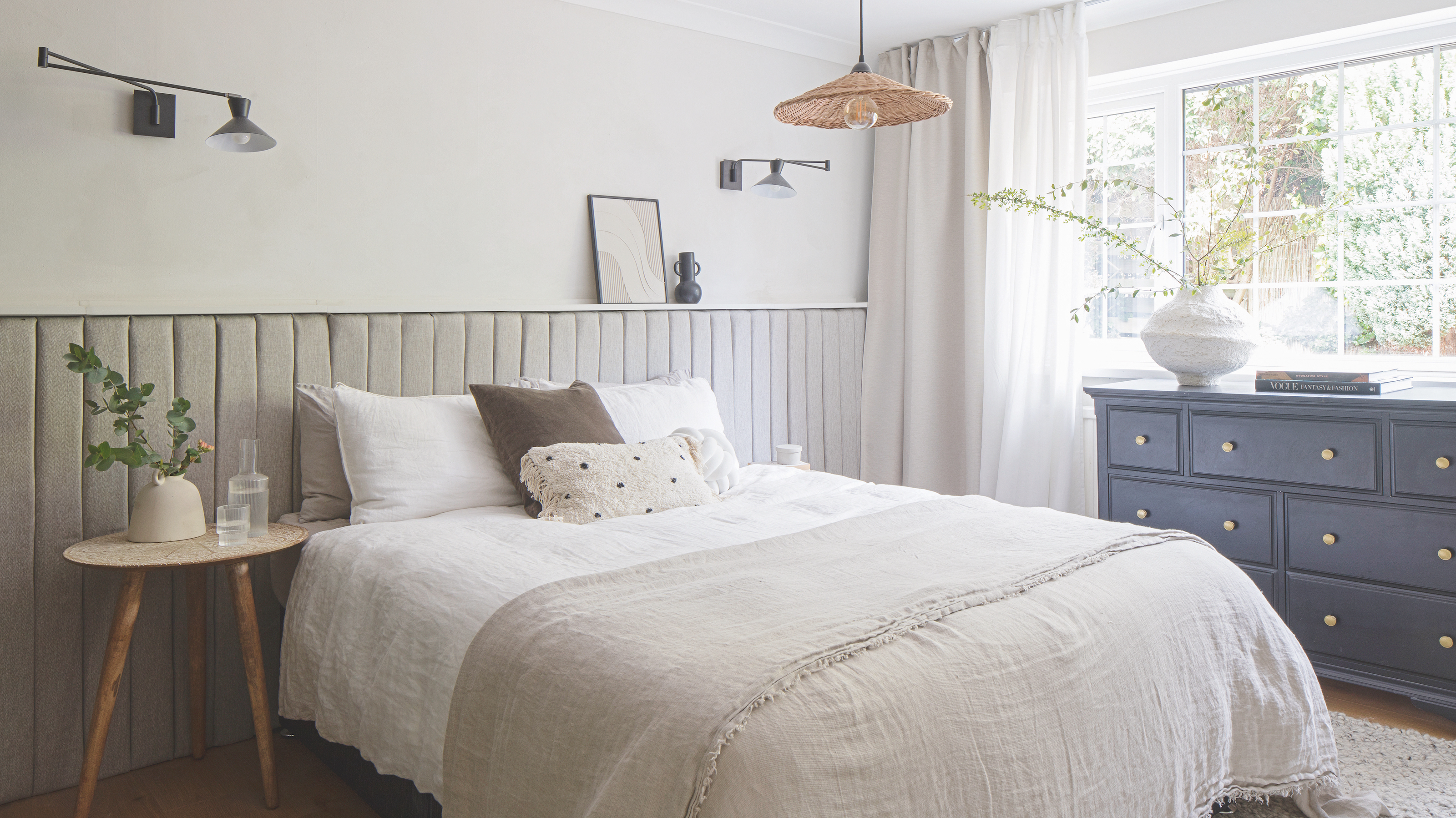


If the 5-9 trend gives you nightmares (yep, that’s getting up at 5am and going to bed at 9pm), if you’re wide awake at midnight and barely human until you’ve had your first cup of coffee, then chances are you’re more a night owl than a morning-loving lark.
But even if your internal clock runs perpetually late, did you know you can hack your bedroom decor ideas to help you become a morning person? We spoke to sleep experts, a design psychologist and colour professionals to help understand the wake-up cues your body needs in the morning – and how to design and decorate your bedroom to help you start your day at your best.
5 bedroom design tricks to become a morning person
‘Early-rising “larks” tend to wake up early in the morning and feel wide awake straightaway, while “owls” may struggle to get up in the morning but can happily stay up working until 1 or 2am. Then there are people whose sleep preference lies in-between these two extremes,’ explains Dr Lindsay Browning, sleep expert at Trouble Sleeping.
The good news is that even if you live with a partner whose natural sleep rhythm is different from your own, and therefore need couples bedroom ideas that suit you both, you can use your bedroom colour schemes, your bedroom wall decor, plus your lamps and bedroom lighting ideas, to help make you more of a morning person.

Dr Lindsay Browning is a sleep expert at Trouble Sleeping and author of the self-help sleep book, Navigating Sleeplessness. She has degrees in both neuroscience and psychology and a doctorate from the University of Oxford where she investigated the treatment of insomnia. Dr Browning founded Trouble Sleeping in 2006 and is a Chartered Psychologist and Associate Fellow of the British Psychological Society, a member of the British Sleep Society and a member of the American Academy of Sleep Medicine.
1. Paint your walls a wake-up colour
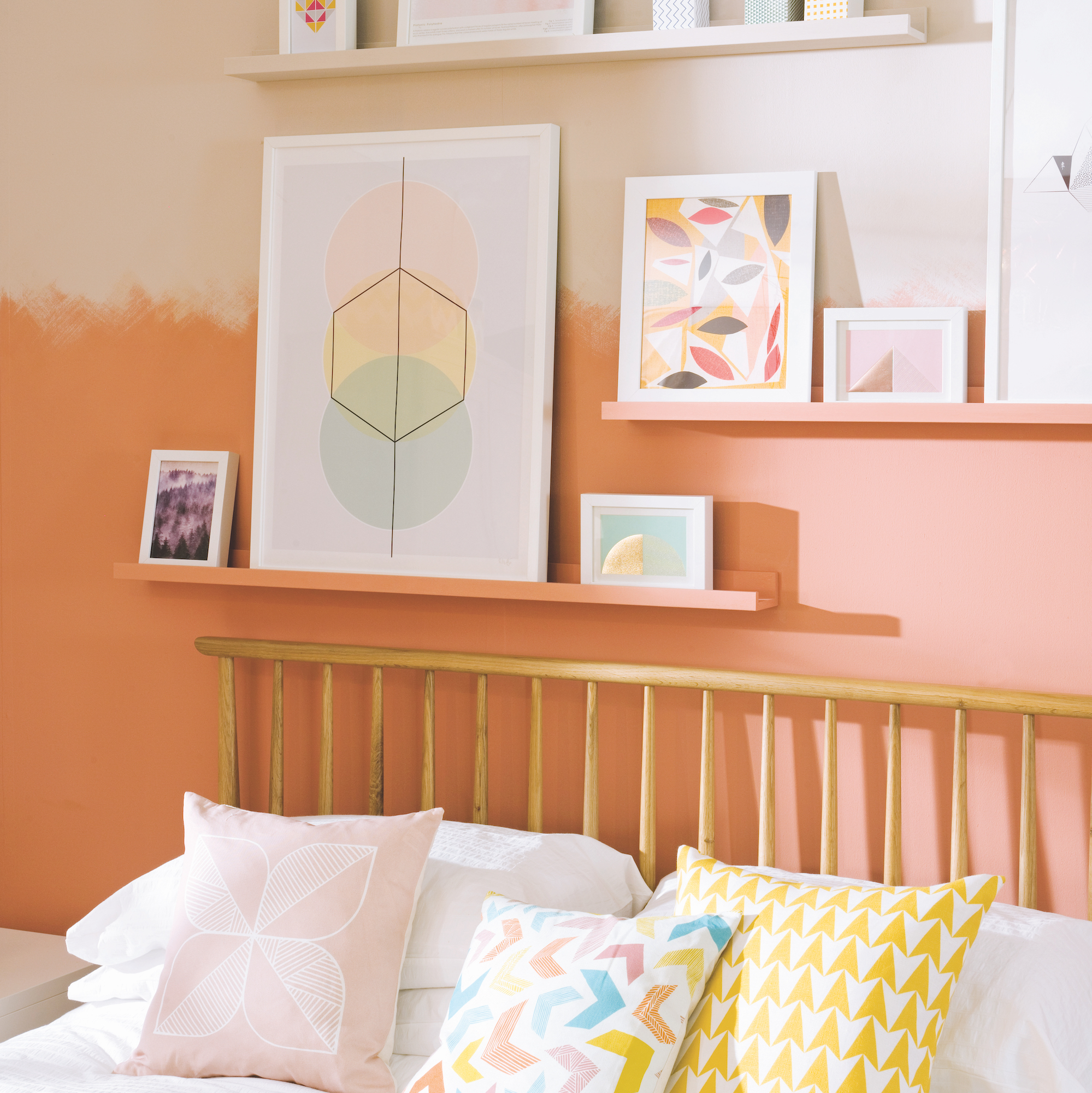
‘Do you need your bedroom to give you a boost in the morning or envelope you in a cosy feeling at night? Creating the ambience you want can be as simple as selecting the right paint colour,’ says Helen Shaw, Director of Marketing (International) at paint experts, Benjamin Moore. ‘Different paint families will offer different solutions – warm colours add energy, cool hues create a more calming atmosphere, saturated colour will wrap you in a cosy environment, while pale shades conjure an airier feel.
‘If you naturally prefer the evenings but need to become more of a morning person, then experiment with a contrast of dark and light hues of one colour to allow the room to feel bright in the daylight, but also have cosy and warm attributes when ambiently lit of an evening.’
Not sure it’s worth getting out the paintbrush? A recent survey from DFS found that a quarter of people they asked agree that the wrong decor negatively impacts their mood and wellbeing.
Get the Ideal Home Newsletter
Sign up to our newsletter for style and decor inspiration, house makeovers, project advice and more.
‘If you’re keen to create a space that feels rejuvenating and restorative to set you up for the day ahead, consider a palette of warm sunrise shades that uplift and invigorate,’ advises Lou Petersen, head of design innovation at DFS. ‘Try pairing a statement velvet bed in warm sunshine yellow or coral with complementary tones such as almond white or a soft blush.’
2. Let the daylight in
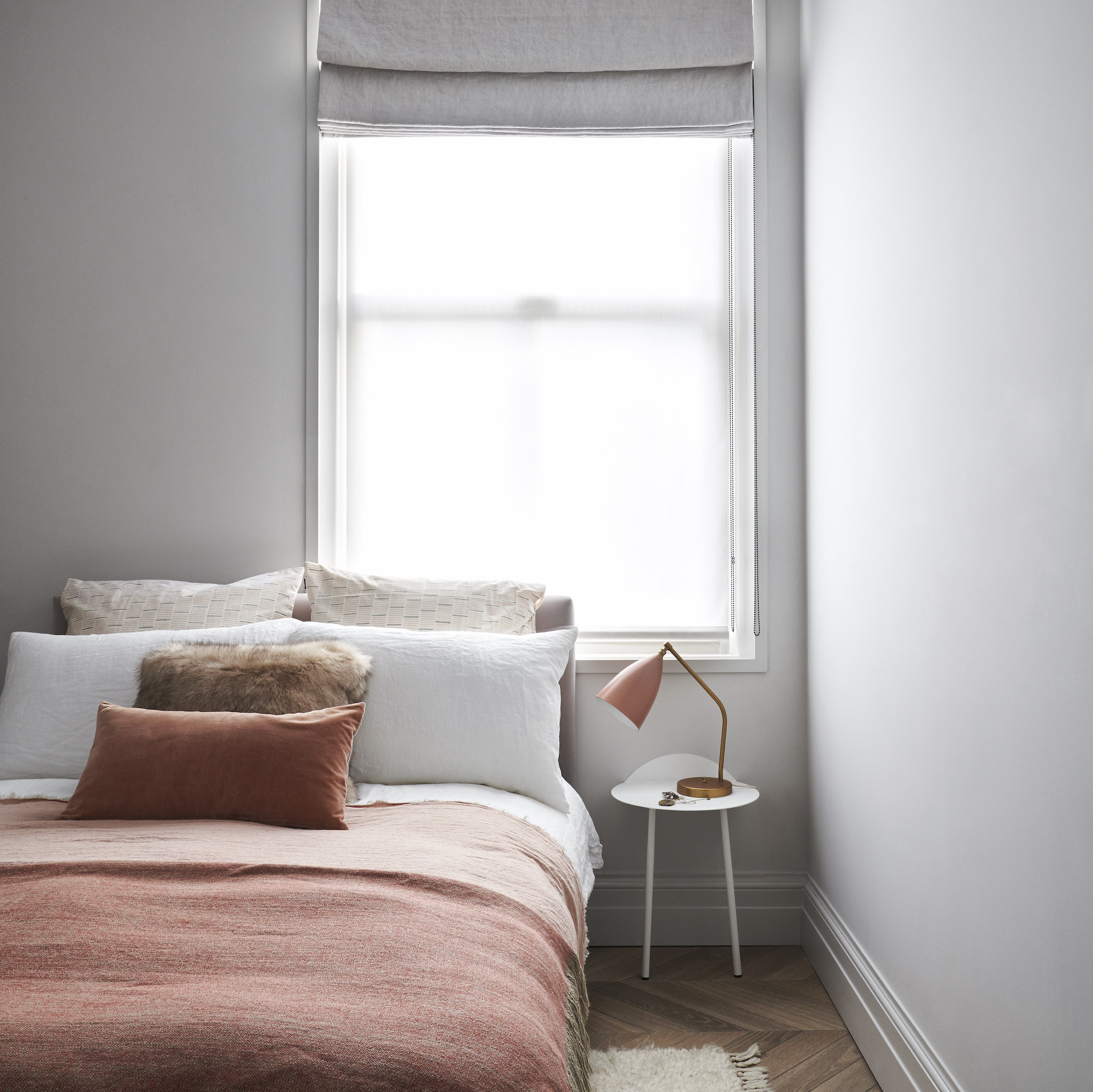
Exposure to sunlight helps to reset our body clock, so skip the blackout blinds if you want to wake up feeling bright and ready to go.
‘There are studies that show if you have insomnia, just sleeping in nature for a week will reset your clock and you'll be able to rise and wake naturally with the sun. So exposure to sunlight is big,’ suggests design psychologist Amber Dunford.
‘I would make sure you have light-filtering bedroom curtains or blinds that can let in the sun to wake you up naturally – it’s also much more peaceful than an alarm. Humans respond really well to dappled or fractured light, which would be like the sun shining through the trees. So if you don’t have plants outside your window that will create that effect, then you can use the decor in your home to create a similar feel. When it comes to bedroom lighting ideas, a basketweave lampshade or a fixture that creates a mix of light and shadows on your walls and ceiling would work well.’
Buying daylight bulbs or LEDs can seem a quick fix but Amber warns that they can look too cool in the bedroom. ‘I don’t love those institutional blue lights; they don’t feel like nature,’ she says. ‘I’d opt for a warmer tone or soft white light combined with fixture that gives off a dappled light.’
Ideal Home’s deputy website editor, Rebecca Knight, fakes a natural wake-up with her Lumie Sunrise Alarm Clock. 'I swear by my sunrise alarm clock for helping me become a morning person. I wake up at 5.50 every morning so I can confirm it works! It slowly lights up starting 30 minutes before the alarm is due to go off. It has a soft yellow-ish light to mimic the sun so I use it as my main source of light while I get ready in the morning. It feels much gentler than being blinded by the big light first thing in the morning.'
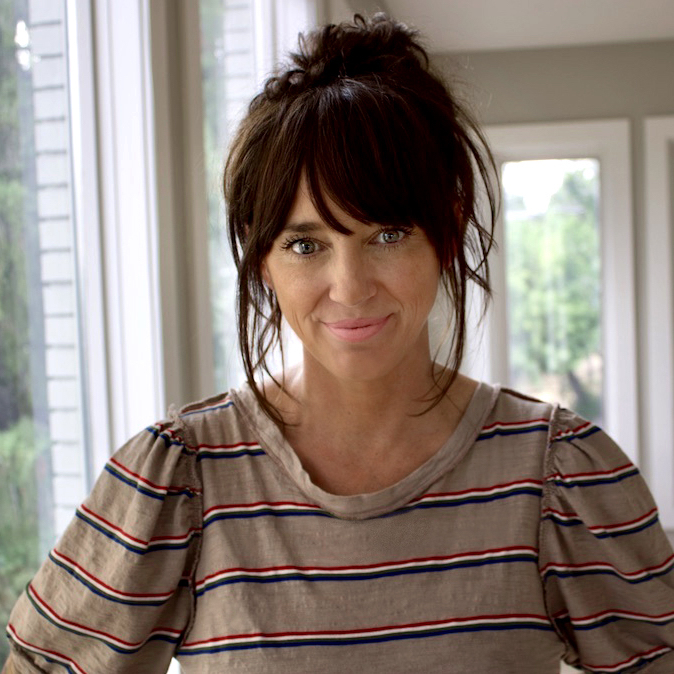
Amber Dunford is a former mental health clinician turned interior stylist and one of only a handful of design psychologists with expertise in the connection between space design and mental health. She spent years in private practice as a therapist before merging her passions for design and psychology, lecturing on design psychology and offering design psychology sessions to anyone looking for ways to enhance their emotional wellbeing through design. Amber is also the style director for online furniture and home furnishings retailer, Overstock.
3. Unlock the power of scent – and coffee
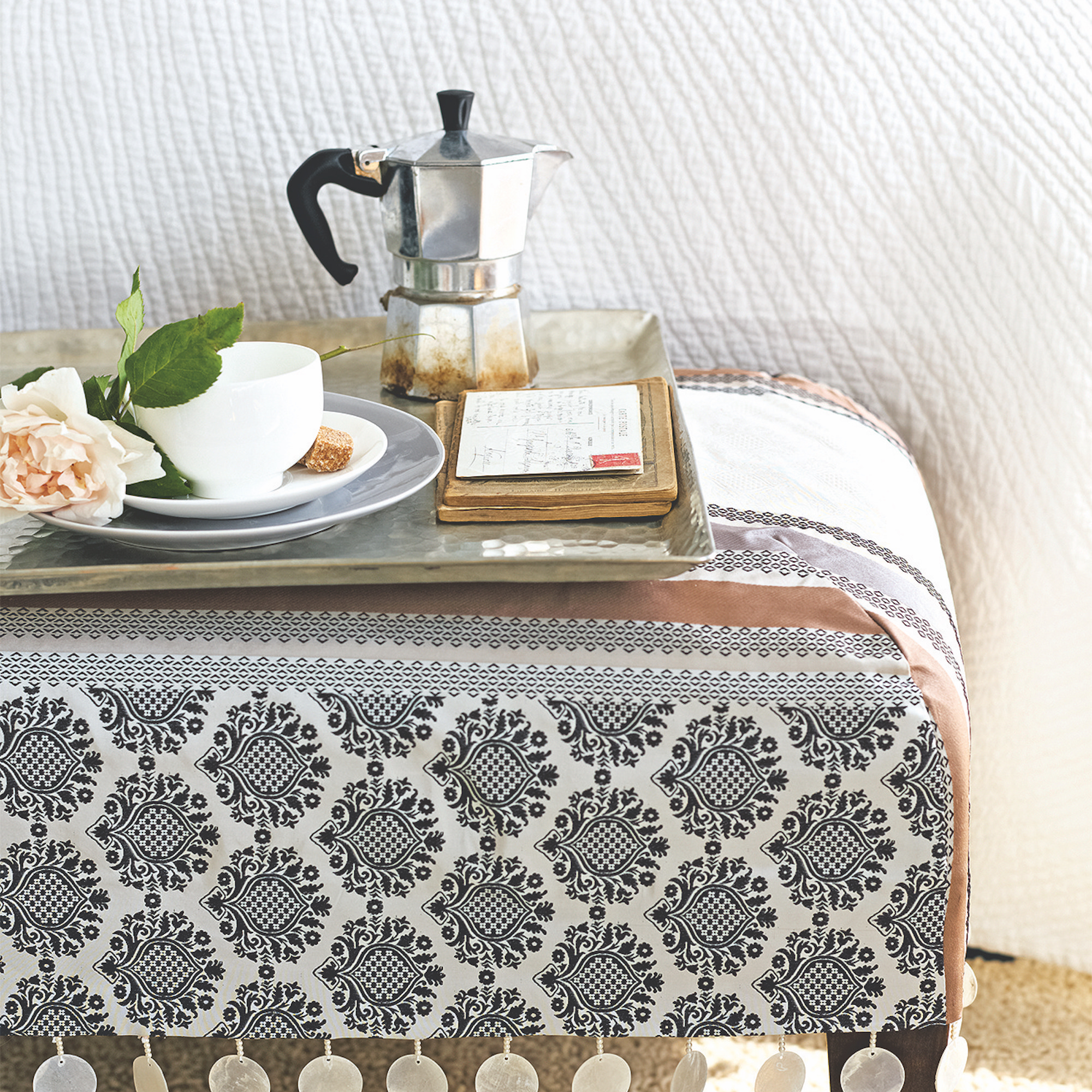
Scent is a powerful tool when it comes to creating and changing the atmosphere around us, with the trend for scent-scaping locking into the idea of using fragrances both to boost our wellbeing and make our rooms smell good.
‘Natural scents like lavender or geranium bourbon can relieve stress and feelings of anxiety, which is why they’re recommended to fragrance the bedroom at night. If you want to feel more energised for the morning after a blissful sleep, choose a vibrant scent like wild orange for an uplifting atmosphere,’ recommends sleep expert and founder of The Sleep Care Company, Anne Marie Boyhan.
Or you could add a coffee station to your bedroom and start the day with a caffeine kick!
‘There's research showing that even the scent of caffeine can improve memory and make us feel more alert; even if we don’t drink it, we get the benefits from smelling it,’ says design psychologist, Amber Dunford. ‘I like the idea of having a little coffee bar in your bedroom, so you can wake up and make having an espresso or your favourite coffee a part of your morning ritual.’
Make sure to choose the perfect option for your bedroom with our best coffee machine buying guide.
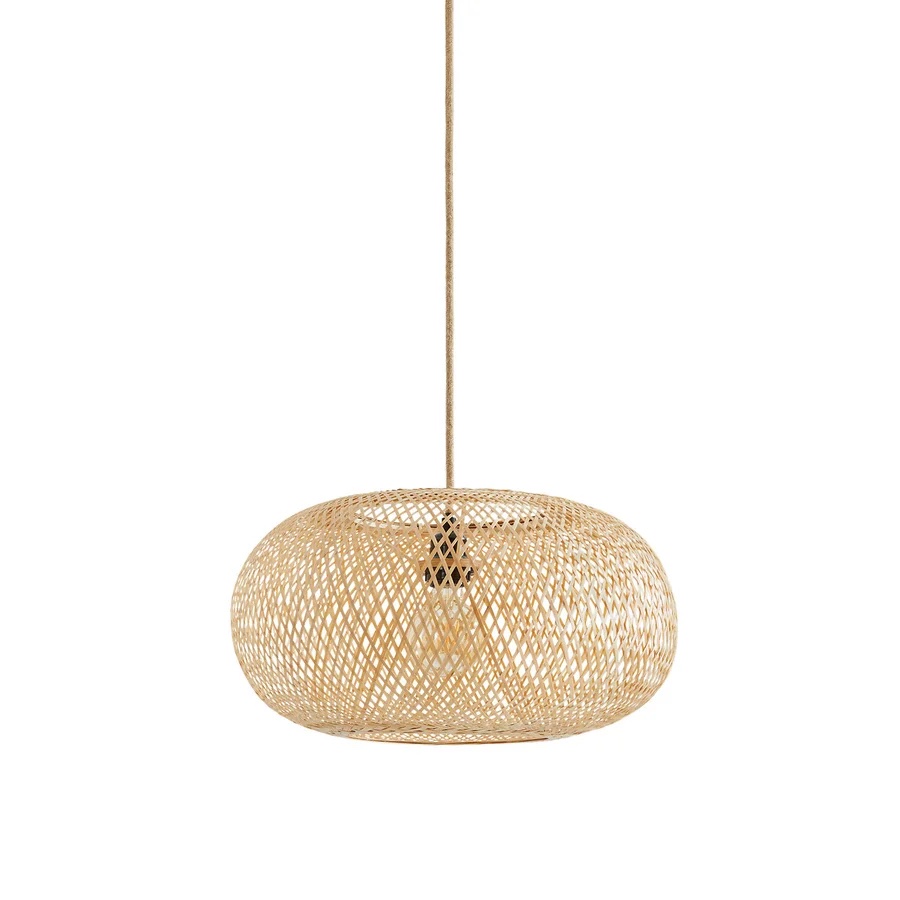
Get dappled light in your bedroom with this woven bamboo shade, which helps replicate the natural look of daylight filtering through leaves for a gentle wake-up.
4. Paint the ceiling an eye-opening shade
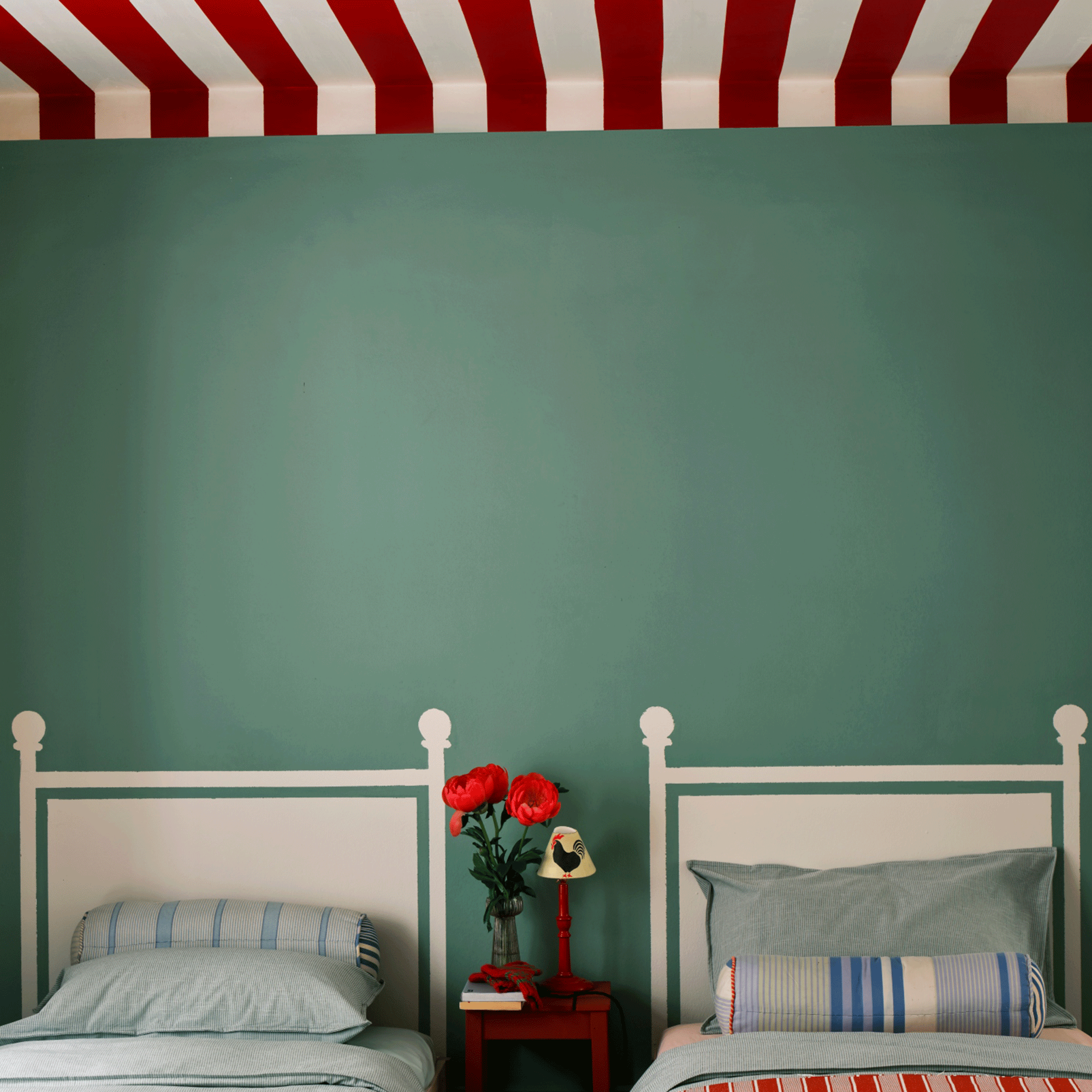
We know that certain colours have an energising effect, while others are associated with tranquillity – so use palette prompts and shade suggestions to make you a morning person.
'I think we're all a little bit of both lark and night owl, and we can use one of my favourite decorating tips to suit what you need at different times of day,' says creative director and Dulux colour expert, Marianne Shillngford.
'Paint the walls of your room in a beautiful night owl colour, such as deep green or blue, so these are the soothing tones that you see as you enter your room in the evening. Then paint the ceiling or the wall opposite your bed an energising morning colour, so that's the first thing you see when you wake up.
'A beautiful combination is a soft smoky green on the walls, then blush pink on the ceiling. Or you could go much stronger than that, with a deeper green on the walls and a richer pink. But that combination of contrasting colours, so a bit of night as you face the bed and get ready to sleep, and a bit of morning as you wake and look up or at the opposite wall, is just beautiful.'
5. Pull up the carpet – and go barefoot
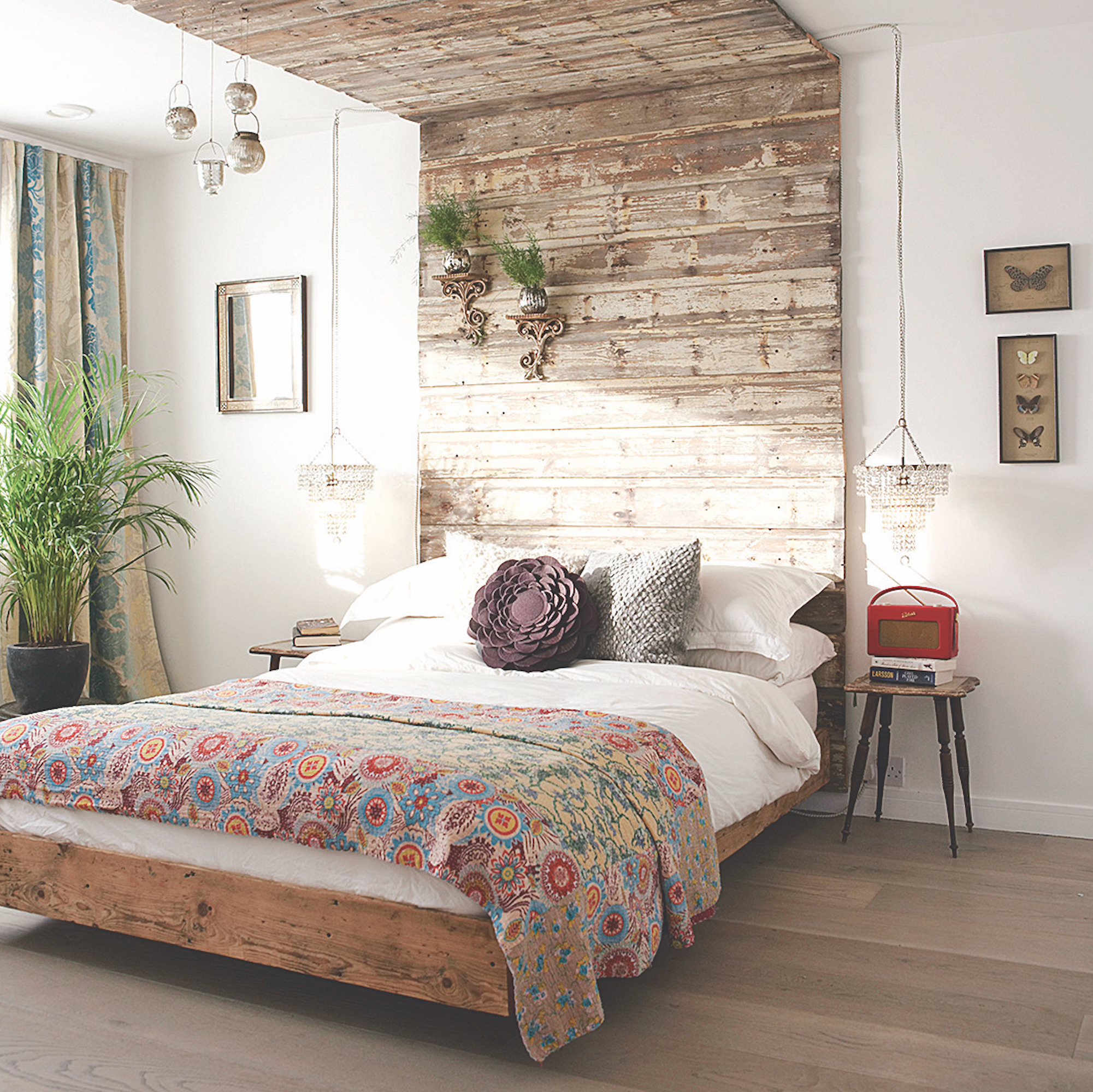
Circadian rhythms are the instinctive prompts that signal to our body when it’s time to sleep, eat, move, or wake up. The theory is that working in harmony with our circadian rhythm can make us become a morning person, because we’re waking working on nature’s time and not messing with our body clock.
Research shows that grounding, also called earthing, connects us with our circadian rhythm – but if you can’t head outside for a barefoot walk the moment you wake up, you can feel some of the effects by walking on a wooden floor in your bedroom instead.
‘There's something grounding about letting your bare feet touch a natural material such as wood,’ suggests design psychologist Amber Dunford. ‘As humans, we also like the feeling of our toes gently folding over rounded pebbles, so maybe try a pebble flooring in your shower to energise you at the start of the day.’

Andrea began her journalism career at Ideal Home and is currently Editor of our sister title, Country Homes & Interiors, which celebrates modern country style. Andrea is passionate about colour and how it can transform both our homes and our sense of wellbeing, and has completed The Power of Colour course with the prestigious KLC School of Design. Andrea's career spans interiors magazines, women's lifestyle titles and newspapers. After her first job at Ideal Home, she moved on to women's magazines, Options and Frank. From there it was on to the launch of Red magazine, where she stayed for 10 years and became Assistant Editor. She then shifted into freelancing, and spent 14 years writing for everyone from The Telegraph to The Sunday Times, Livingetc, Stylist and Woman & Home. She was then offered the job as Editor of Country Homes & Interiors, and now combines that role with writing for idealhome.co.uk.
-
 Will a conservatory add value to your home and how can you maximise it?
Will a conservatory add value to your home and how can you maximise it?This is what the pros say
By Amy Reeves
-
 I’ve been looking for a new signature scent for my home and The White Company's new fragrance is the exact summer holiday smell I needed
I’ve been looking for a new signature scent for my home and The White Company's new fragrance is the exact summer holiday smell I neededSantorini smells fresh, summery and sophisticated
By Kezia Reynolds
-
 How to remove algae from garden walls in five steps – and the cleaning product experts rave about for tackling it fast
How to remove algae from garden walls in five steps – and the cleaning product experts rave about for tackling it fastExperts share their top tips for getting garden walls algae-free
By Katie Sims
-
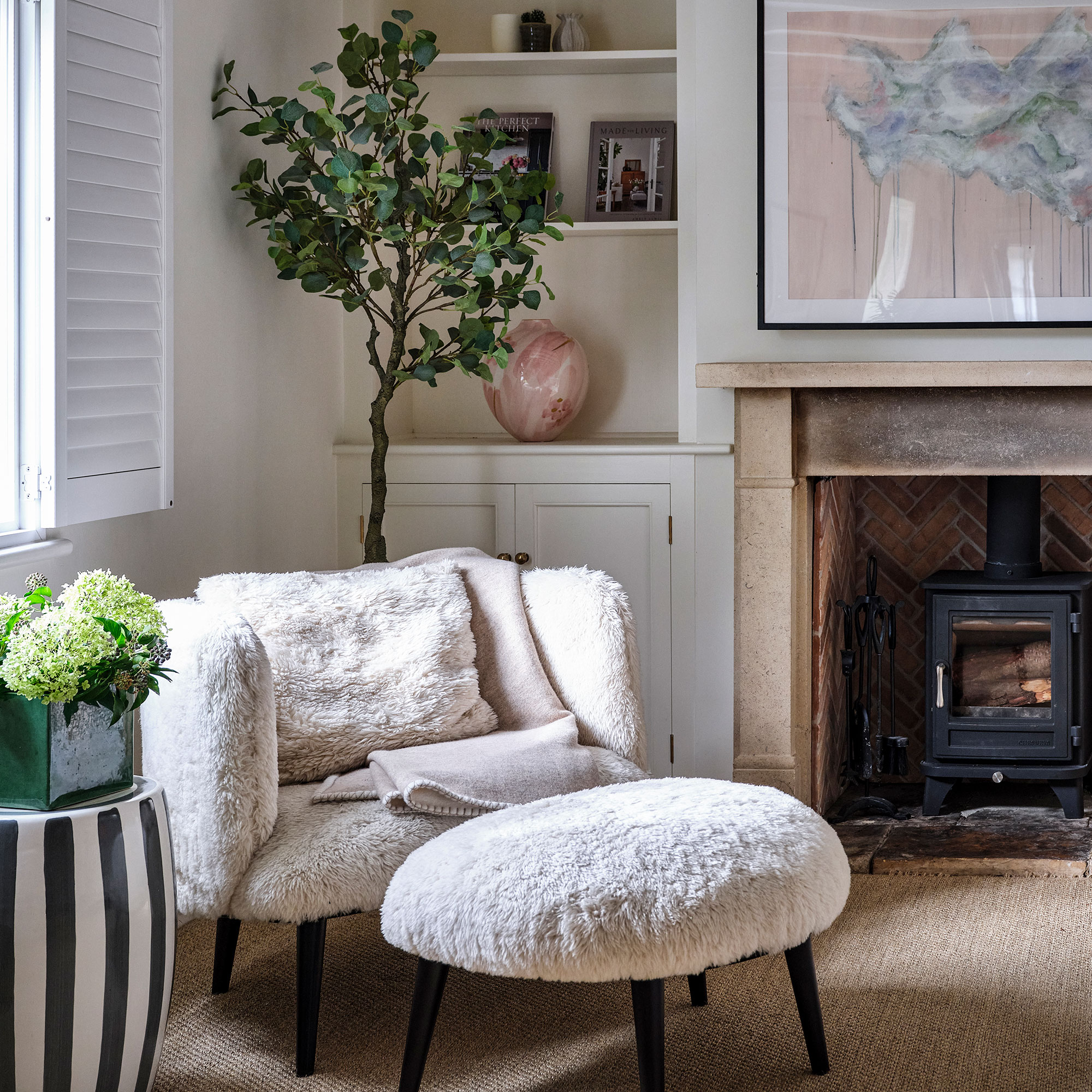 Hygge living room ideas — 6 ways to warm up your home with this Danish concept and cosy aesthetic
Hygge living room ideas — 6 ways to warm up your home with this Danish concept and cosy aestheticHunker down until summer finally arrives with these warming ideas
By Rebecca Knight
-
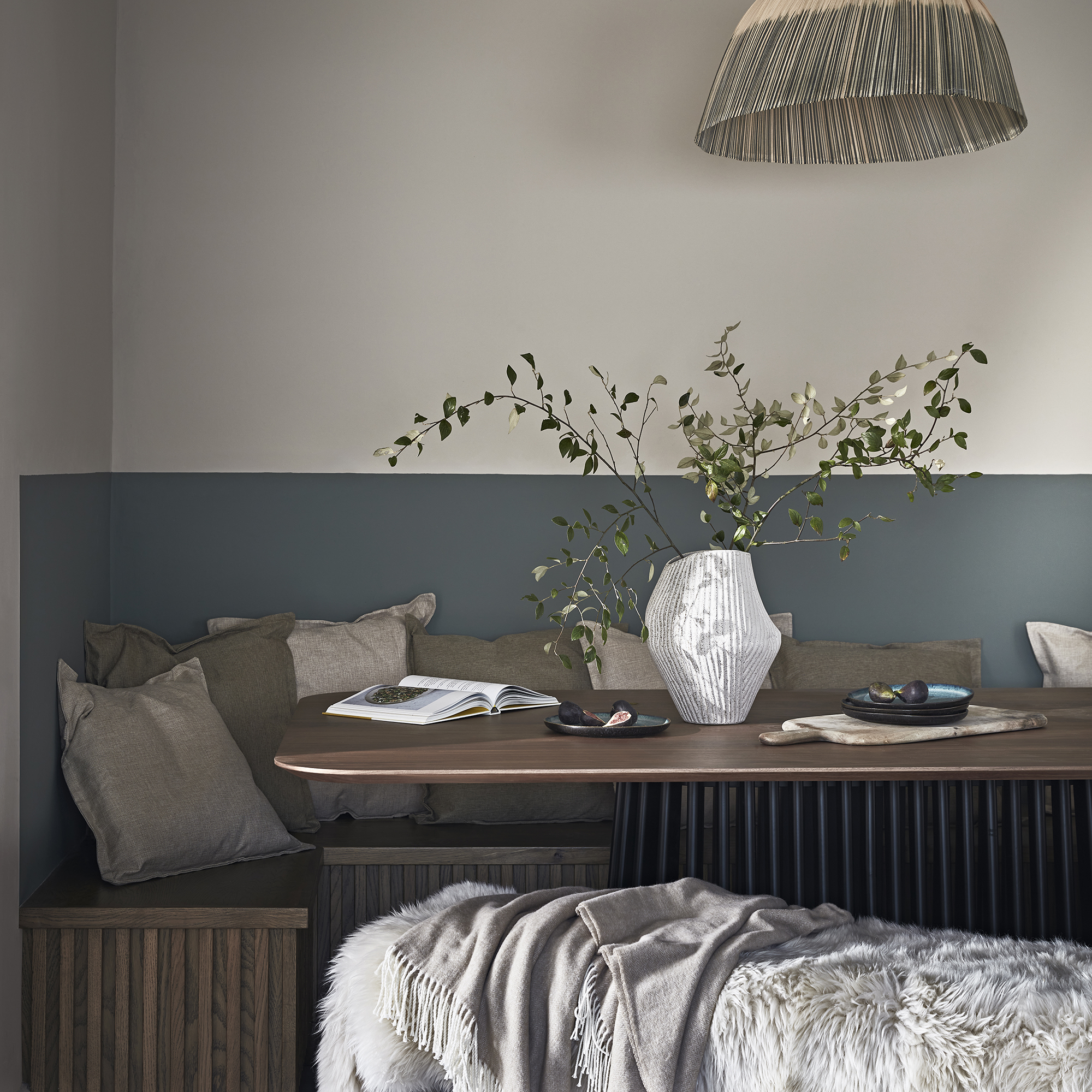
 How to create a sensory home – interiors experts reveal 5 easy ways to style your home and soothe your mind
How to create a sensory home – interiors experts reveal 5 easy ways to style your home and soothe your mindYou can turn any space into a sanctuary by following these simple steps
By Maddie Balcombe
-
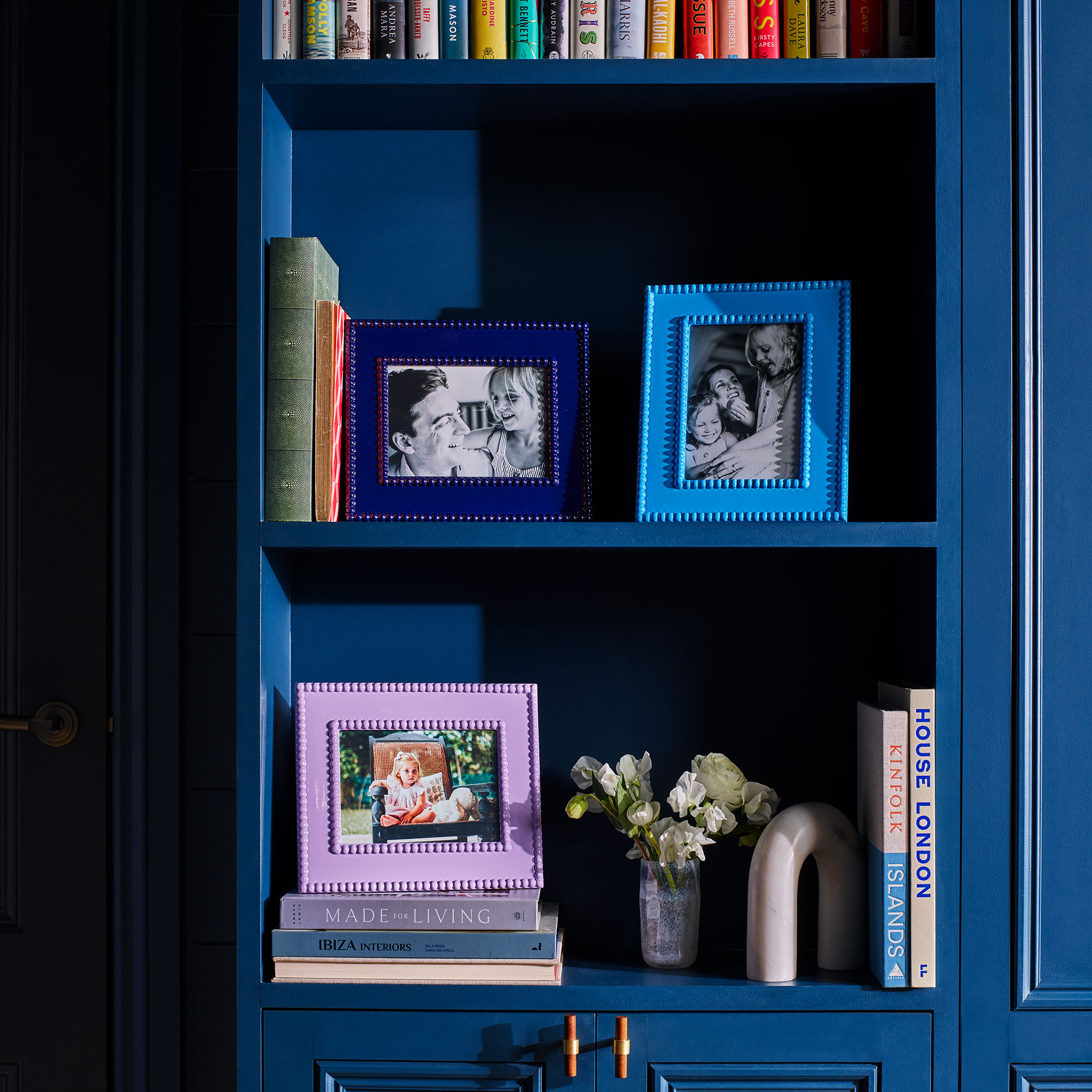
 Can displaying family photos at home make you happier? According to research it can — 5 ways to do it in style
Can displaying family photos at home make you happier? According to research it can — 5 ways to do it in styleHarness the mood-boosting power of looking through old photos by displaying your favourites
By Rebecca Knight
-
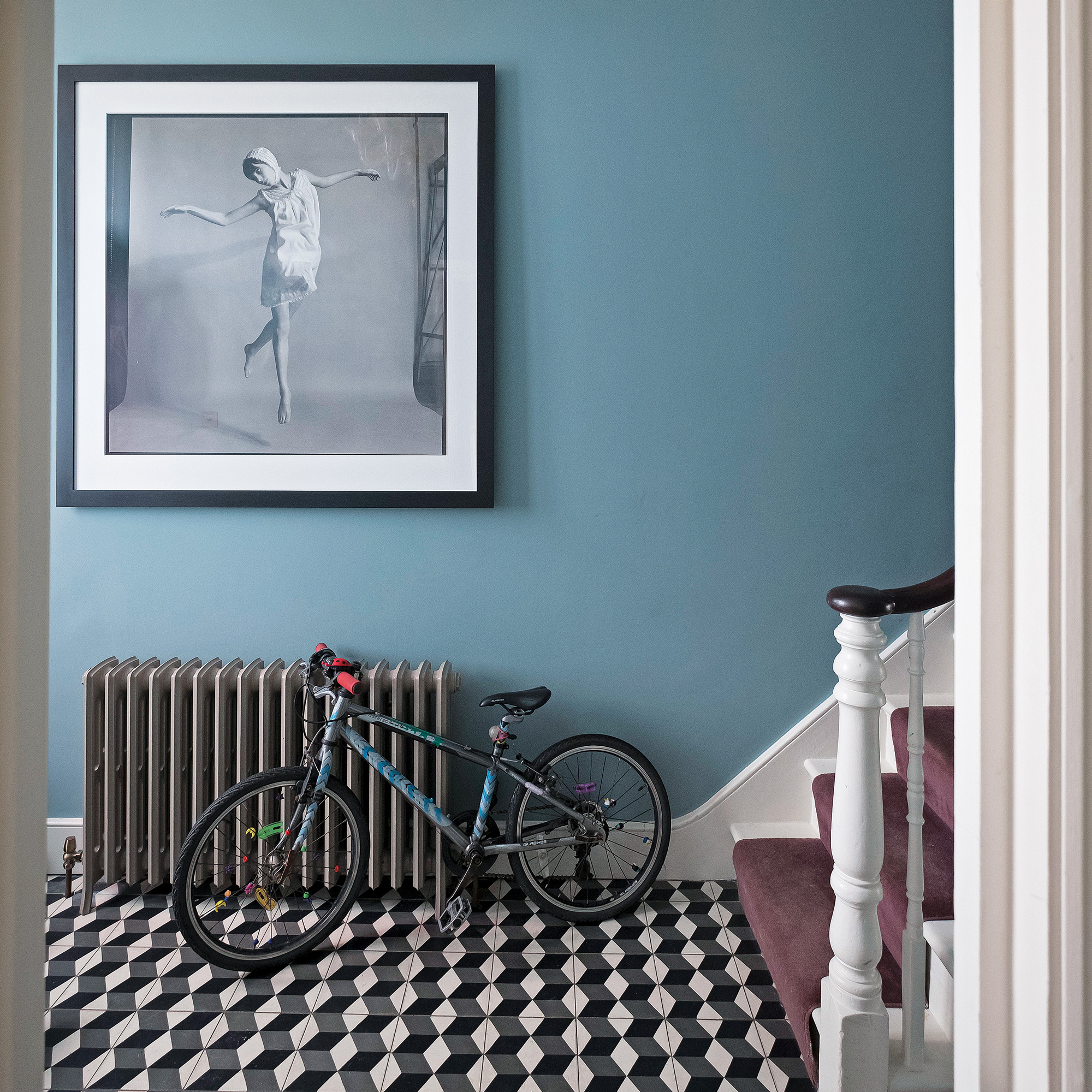 How to make a hallway smell incredible without candles - 7 ways to gently fragrance your entranceway
How to make a hallway smell incredible without candles - 7 ways to gently fragrance your entrancewayGo flame-free to safely scent your entryway
By Vanessa Richmond
-
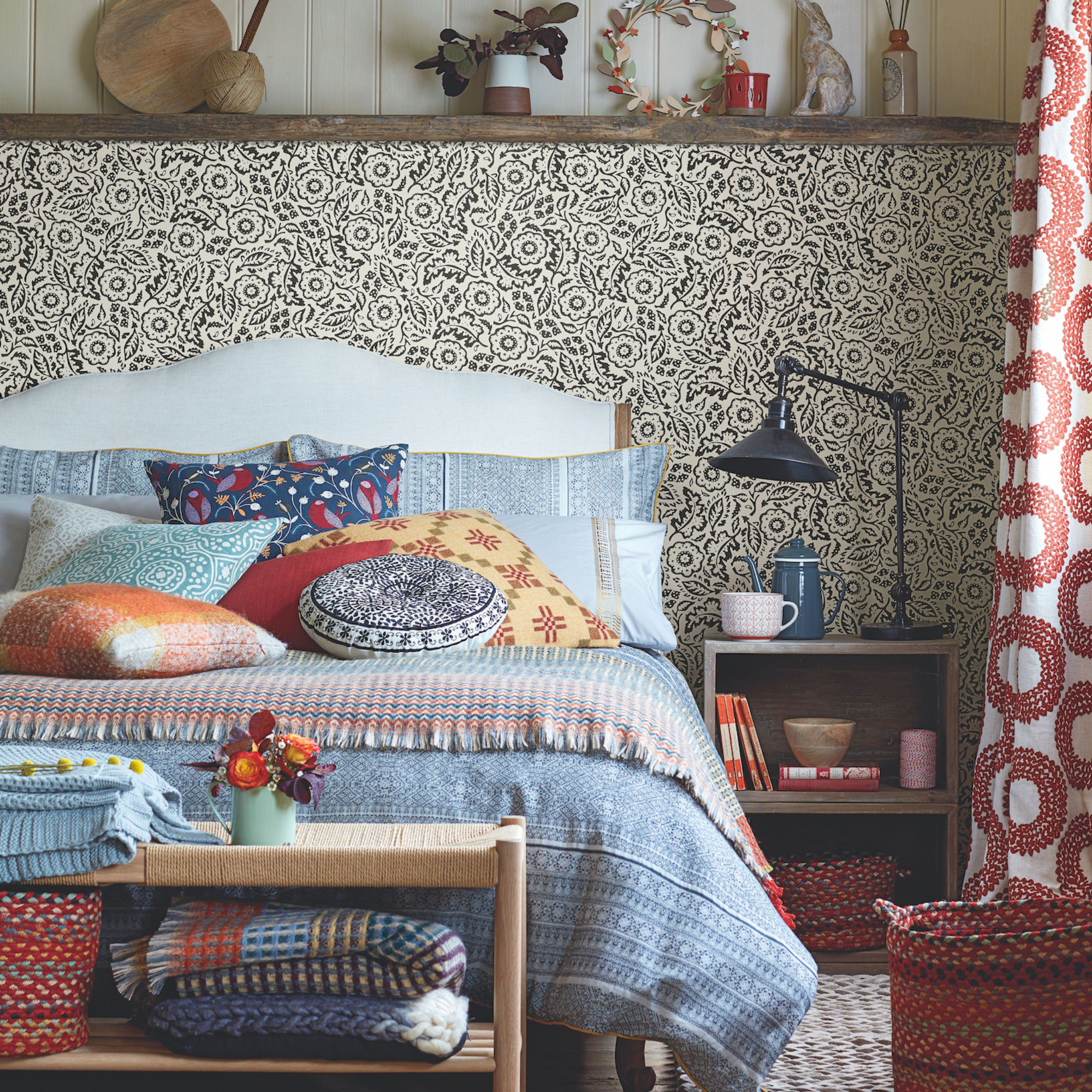 6 ways I brighten my home in January when the Christmas decorations come down, as an interior stylist
6 ways I brighten my home in January when the Christmas decorations come down, as an interior stylistHelp banish the winter gloom with these uplifting ideas
By Laurie Davidson
-
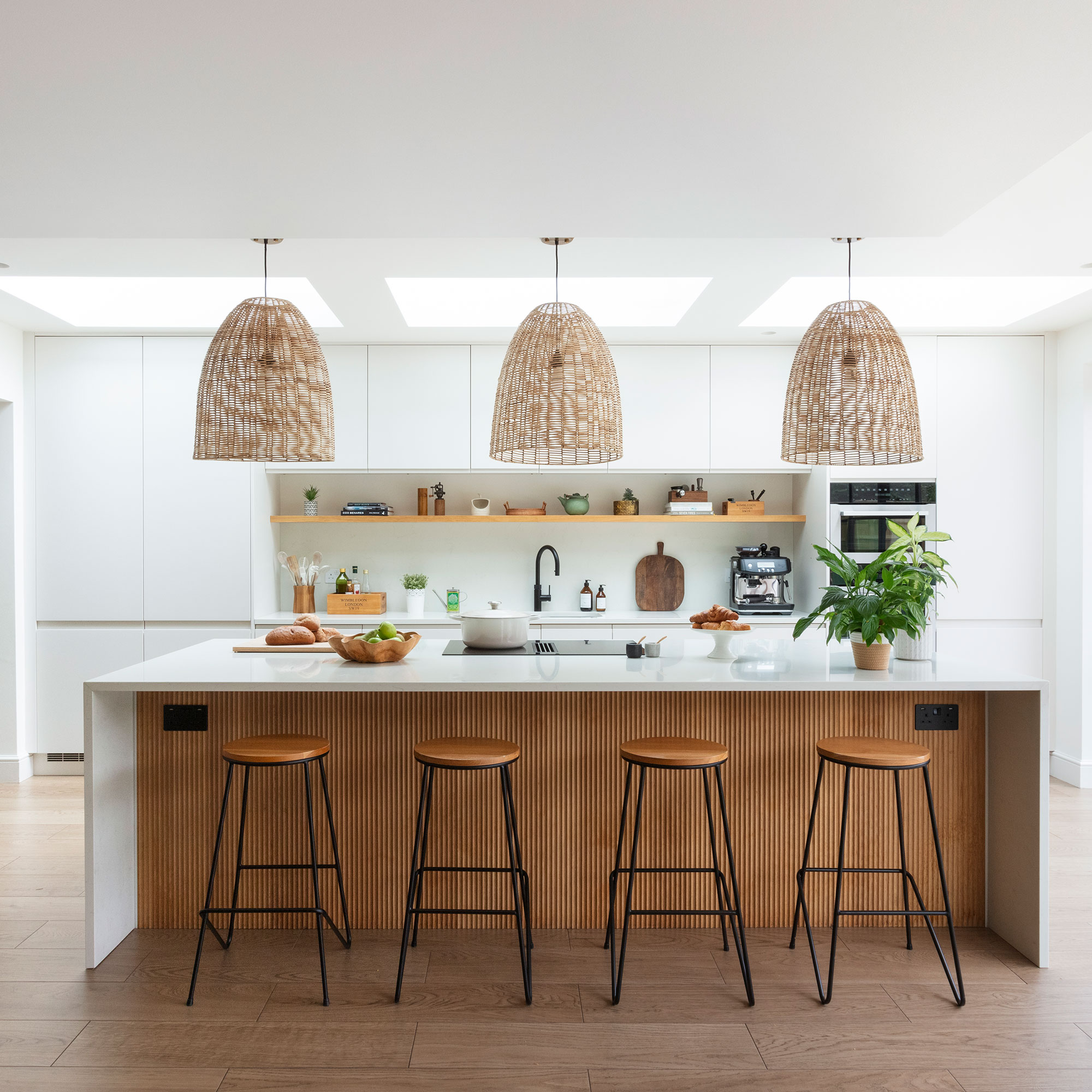 Kitchen hacks to encourage healthy eating habits — 7 ways your kitchen can support healthy living
Kitchen hacks to encourage healthy eating habits — 7 ways your kitchen can support healthy livingMake creating healthy changes easy by following these tips
By Eilidh Williams
-
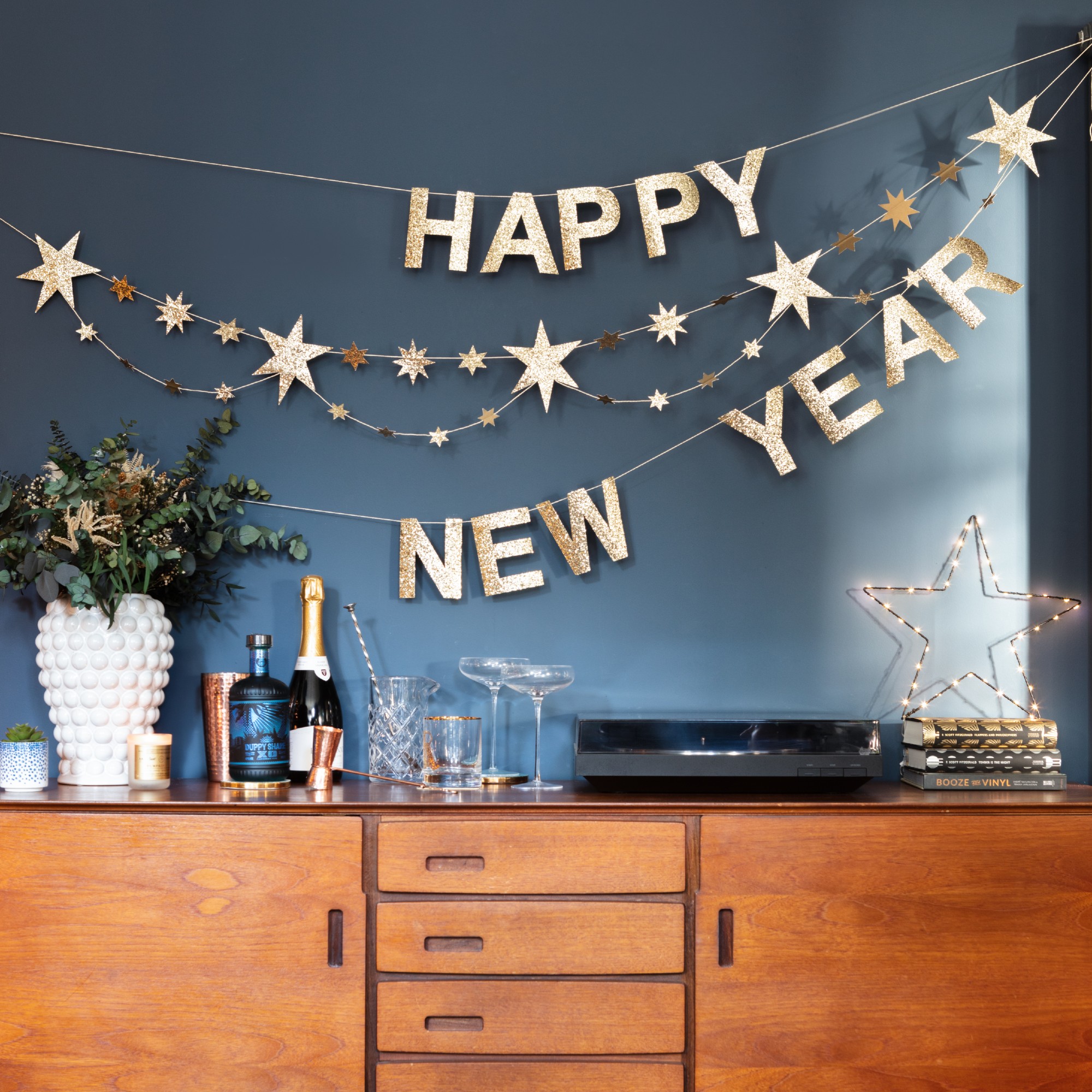 How to reset your home after Christmas to restore a sense of calm
How to reset your home after Christmas to restore a sense of calmFollow these 7 steps to get back to normal at home and beat post-Christmas blues
By Eilidh Williams
-
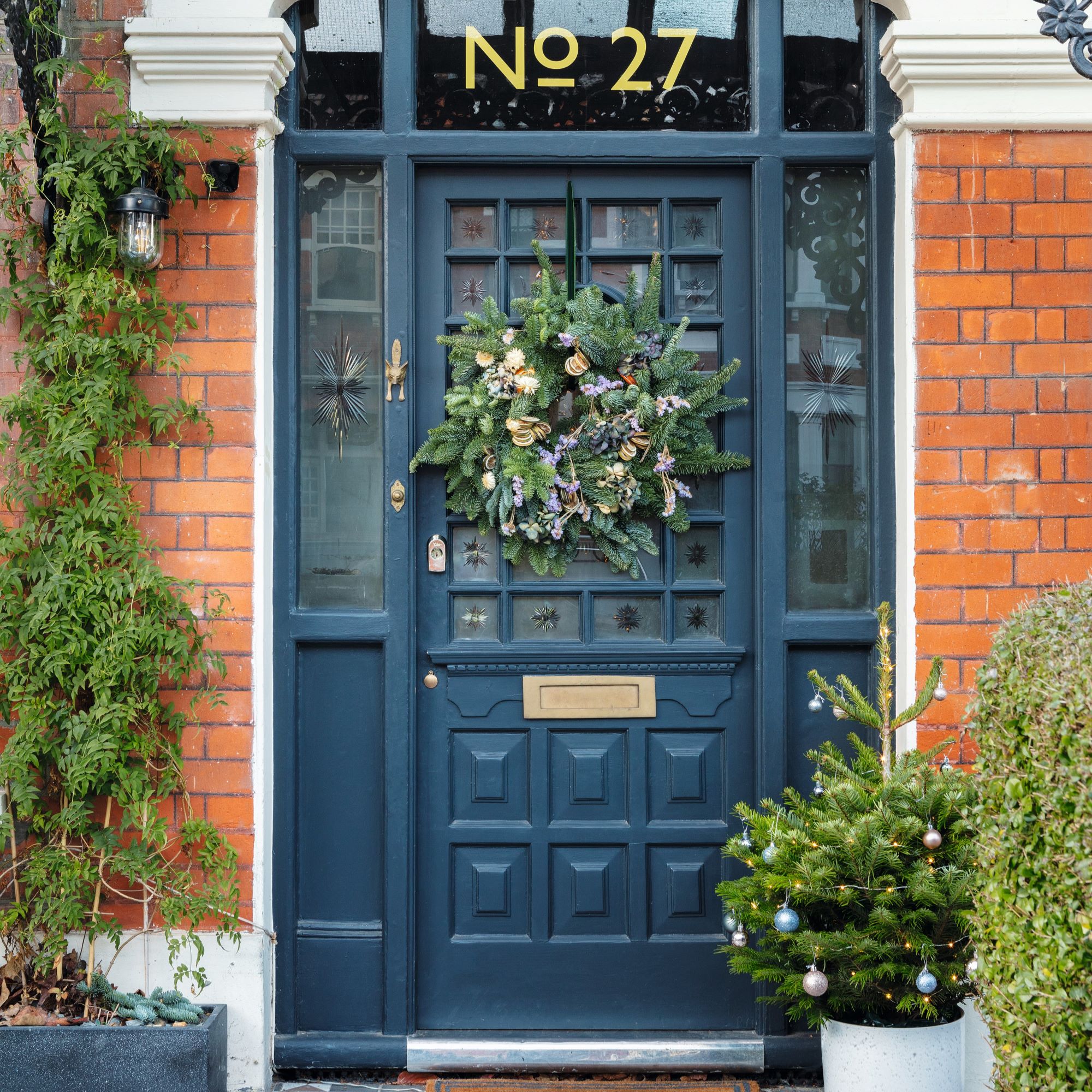 How to make a house look more inviting - 8 ways to quickly boost your house’s appeal in time for Christmas
How to make a house look more inviting - 8 ways to quickly boost your house’s appeal in time for ChristmasMake visitors feel welcome from the second they step foot on your property
By Vanessa Richmond

